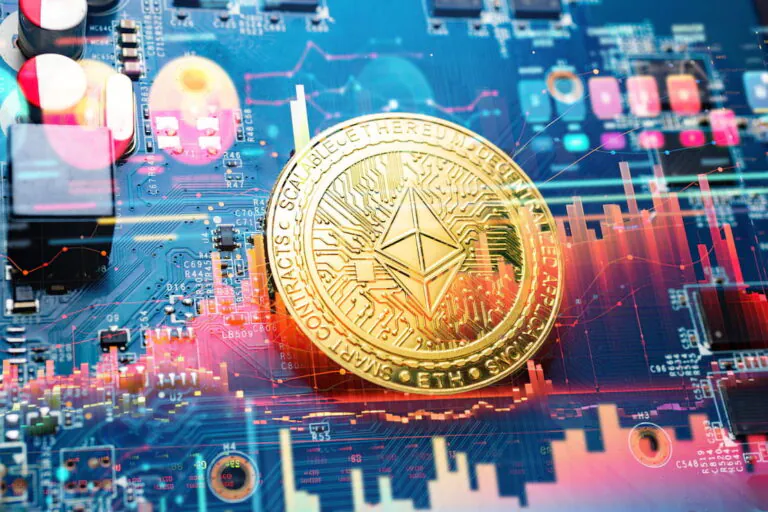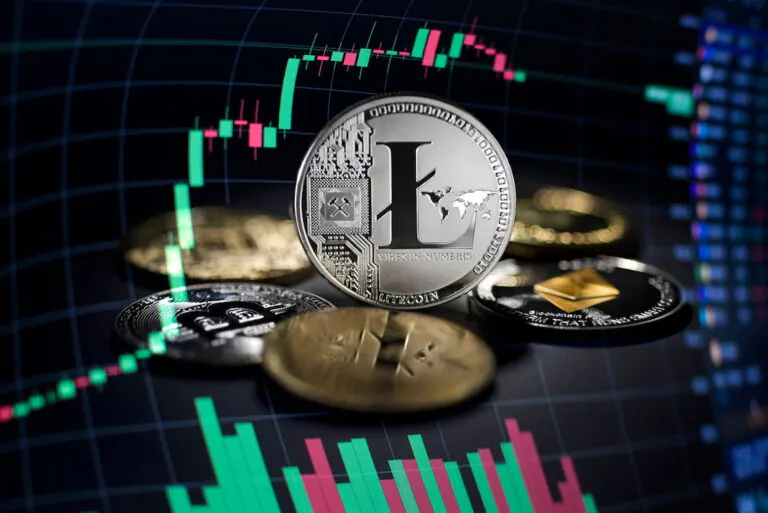The Ethereum blockchain is a distributed ledger system designed to create decentralized applications. One of its main goals was to facilitate money transfers and get rid of intermediaries during transactions in global financial systems. One of the cofounders of Ethereum is Anthony Di Iorio.

What are smart-contracts?
The idea of creating “smart-contracts” is promising. Today, storing files, documents and contracts using cloud technology is becoming increasingly popular. In this article, we will understand what smart-contracts are and why they are needed.
A smart-contract is an electronic protocol written on the basis of a code. The function of such a contract is to ensure the fulfilment of the terms of the contract by both parties. With the help of smart-contracts, you can securely exchange any kind of property without intermediaries. When concluding an ordinary contract, a person turns to a notary or a lawyer, but the contract itself does not guarantee the protection of the user from fraud. Some clauses of the agreement can be interpreted in two ways, in an interpretation convenient for someone, and loopholes can be found in the provisions. Then the injured party will have to go to court and spend money defending his/her rights.
For example, you want to buy a product on an online marketplace. The seller asks you for an advance payment, and you did not even find reviews about him. You don’t want to pay up front, fearing that your hard-earned money will be appropriated without sending the right product. And the seller is also afraid of incurring shipping losses if you do not accept the package.
For this, smart-contracts have been developed that monitor both parties and can guarantee you the fulfilment of all obligations under the contract. The programs are based on cryptography, and therefore exclude the possibility of ambiguous interpretation of positions. Smart-contracts also penalise violators of the terms of the deal.
All smart-contracts are based on the blockchain and allow the transfer of material funds without the participation of third parties

Thanks to the use of computer code, you can be sure that no one will change the terms of the contract unilaterally.
The work of a smart contract can be explained as follows: the money is transferred to the program, from that moment it begins to track the fulfilment of all conditions by the participants. After all the points are completed, everyone gets what they want: the seller gets money, and the buyer gets a product or service. This mechanism is similar to a vending machine: you throw a coin and receive the goods without outside participation.
Earlier we wrote: How to use smart contracts
Start your crypto exchange with Coin24

Exchange BTC, ETH, USDT and more — cash or card

Secure and fast crypto exchange since 2018



